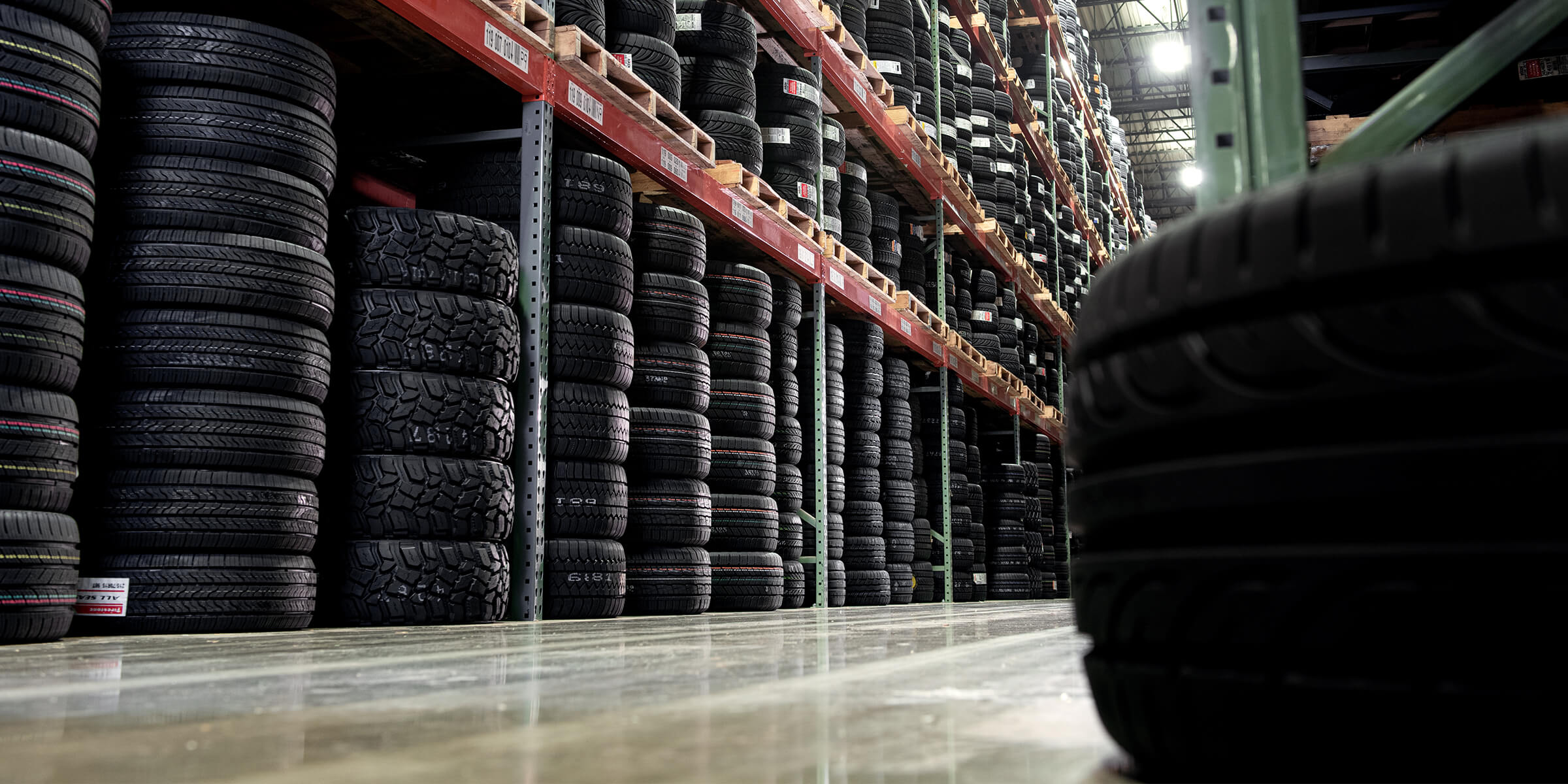Conserve Big with Mopar Tire Service Specials: Finest Deals and Professional Treatment
Conserve Big with Mopar Tire Service Specials: Finest Deals and Professional Treatment
Blog Article
Tire Solution: The Impact of Weather
When it comes to making certain optimal efficiency and safety and security when driving, comprehending the influence of climate condition on tire service is important. From scorching heat to icy roads, each climate element can dramatically influence tire performance and total driving experience. By delving into the impacts of varying weather on tires, vehicle drivers can acquire valuable understandings that may improve their lorry's efficiency and durability. In this conversation, we will explore the complex partnership in between weather conditions and tire solution, dropping light on the relevance of weather-specific tire maintenance methods and considerations.
Warm and Tire Performance
When exposed to high temperature levels, tires experience adjustments in efficiency that can dramatically affect vehicle safety and handling. The warmth created from long term driving or warm climate problems creates the tire rubber to soften, resulting in decreased tread life and raised wear. As the rubber becomes softer, the tire's grip when driving lessens, influencing stopping ranges and general traction. In extreme instances, extreme heat can even cause tire blowouts, posing a severe security threat to the lorry and its owners.
Moreover, high temperature levels can accelerate the process of tire aging, creating the rubber to weaken faster. This can result in cracks, protrudes, and other forms of damages that endanger the structural honesty of the tire. To alleviate the impacts of warm on tire performance, vehicle drivers must consistently examine their tire pressure, rotate tires to ensure also use, and inspect for any signs of damage. Additionally, making use of tires particularly created to stand up to heats can aid preserve optimal performance and security when driving.
Winter Results
Winter conditions can have a substantial impact on tire efficiency and safety. As temperature levels decline, tire rubber can solidify, resulting in decreased traction on icy or snow-covered roads. In chilly climate, tires might also shed air pressure a lot more swiftly, which can influence handling and gas performance. Additionally, cold temperatures can create tire sidewalls to stiffen, raising the danger of damages from splits or various other roadway risks.
To minimize the effects of cold weather on tires, it is crucial to regularly examine tire pressure and inflate them to the producer's advised levels. Utilizing winter season or all-season tires designed for cool weather condition problems can additionally enhance traction and grasp on icy or snowy roadways - tires morris il. Appropriate tire maintenance, including normal assessments for wear and damage, comes to be a lot more essential during cooler months to ensure ideal efficiency and safety and security
Rainy Issues Effect
Tires with worn-out footsteps are much more susceptible to hydroplaning, where a layer of water builds up in between the road and the tire surface area, leading to loss of grip. To fight this, vehicle drivers should regularly examine their tires for ample step deepness and take into consideration spending in tires especially developed for damp conditions.

Snow and Tire Security
When driving in snowy conditions, having the right tires can make a significant difference in security and efficiency. Winter tires are created with special rubber substances and tread patterns to give far better grip on snow and ice contrasted to all-season tires.
Along with utilizing winter season tires, it is important to guarantee they are effectively pumped up. Winter can create tire pressure to go down, impacting traction and handling (discount tires morris il). On a regular basis inspecting and preserving the appropriate tire pressure is essential for ideal performance in snowy conditions

Weather-Related Tire Upkeep
When faced with different climate condition, proper tire upkeep becomes a crucial facet of vehicle security and efficiency. Weather-related tire upkeep includes a variety of methods focused on ensuring ideal tire feature and long life in various weather More Bonuses condition circumstances. One key element of weather-related tire maintenance is tire pressure policy. Varying temperature levels can cause tire stress to differ, affecting grip and gas effectiveness. Frequently inspecting and adjusting tire stress according to supplier suggestions is vital for safe driving in transforming climate condition. In addition, tire step deepness plays a substantial role in Your Domain Name managing various weather condition elements. Tires with appropriate walk deepness give far better hold on damp or icy roadways, reducing the threat of skidding or hydroplaning. Inspecting tire tread on a regular basis and changing tires when walk wear gets to a specific depth is essential for keeping grip and security in damaging climate. By focusing on weather-related tire maintenance, motorists can enhance security, improve car performance, and lengthen the life expectancy of their tires.
Final Thought
Finally, climate condition have a significant effect on tire performance and safety and security. From warm affecting tire stress and wear to chilly climate lowering traction, it is necessary to think about the weather when preserving and making use of tires. Rainy problems can decrease hold and lead to hydroplaning, while snow can boost the threat of mishaps if tires are not effectively geared up. Weather-related tire upkeep is essential in making certain ideal efficiency and security when traveling.
In this discussion, we will check out the detailed partnership between weather conditions and tire service, losing light on the relevance of weather-specific tire upkeep methods and considerations.

Report this page